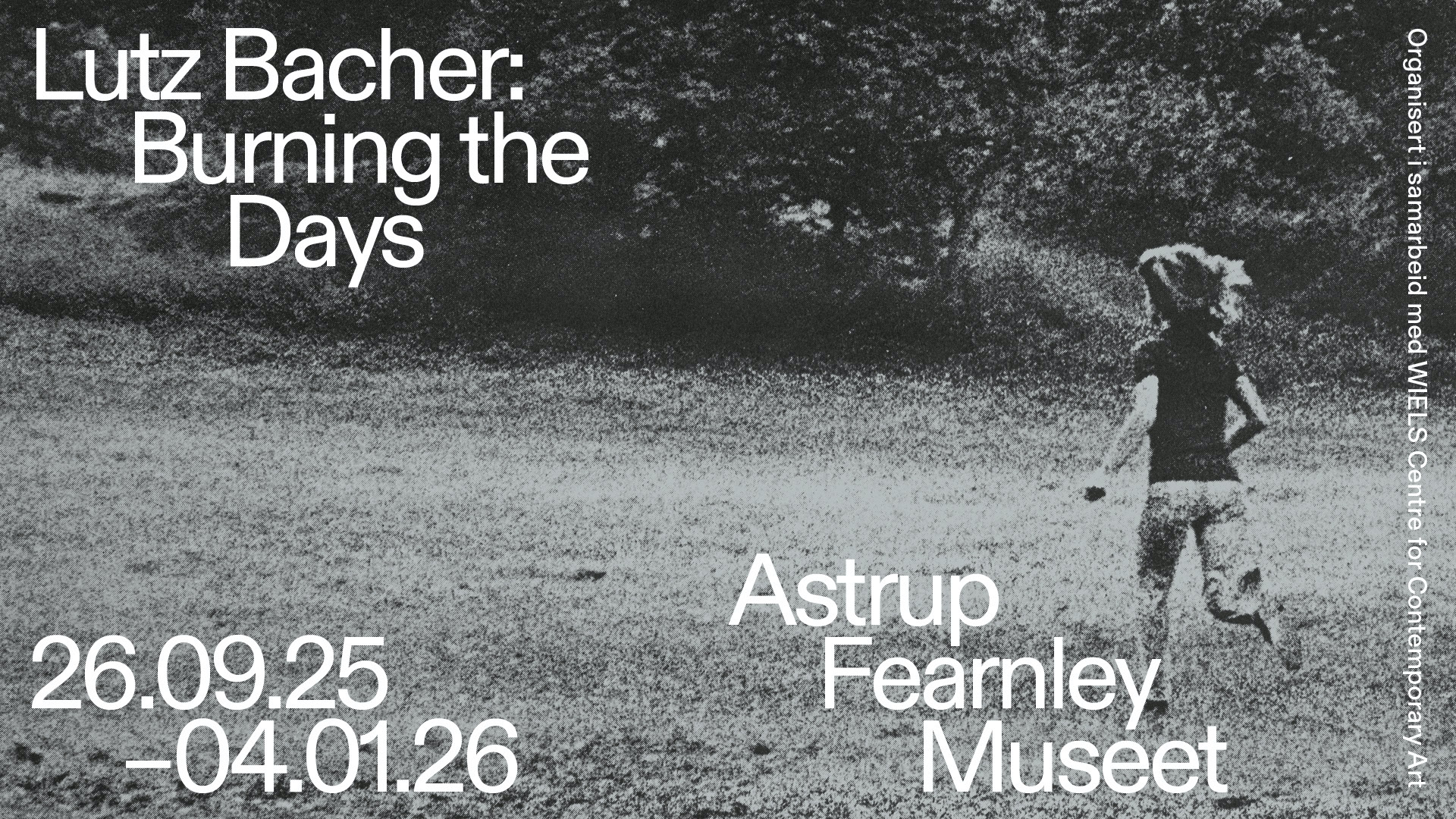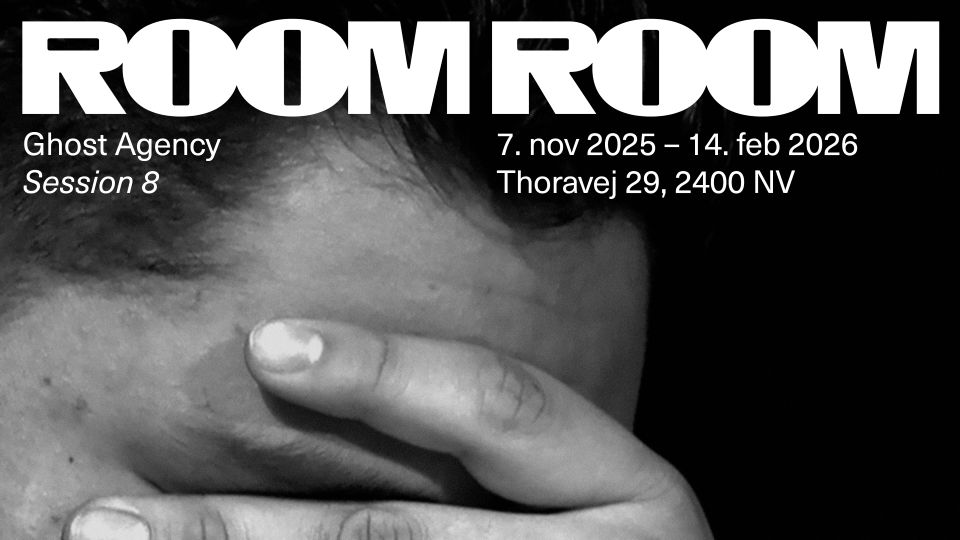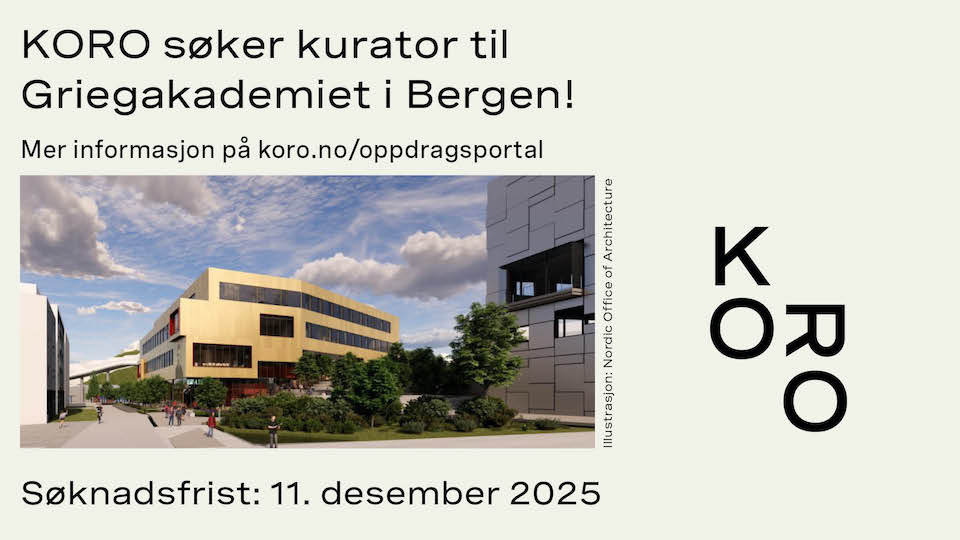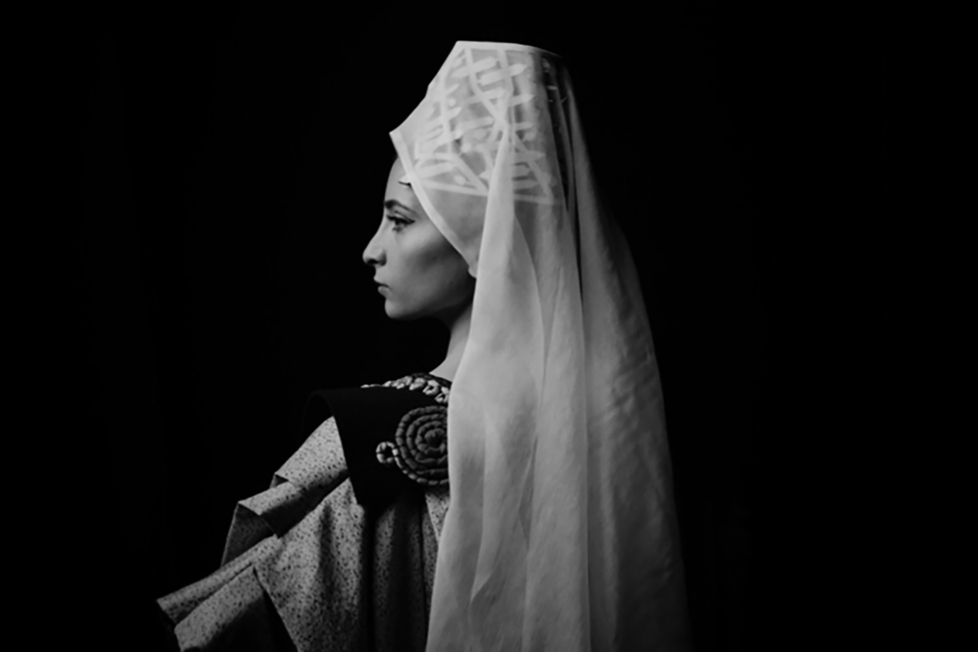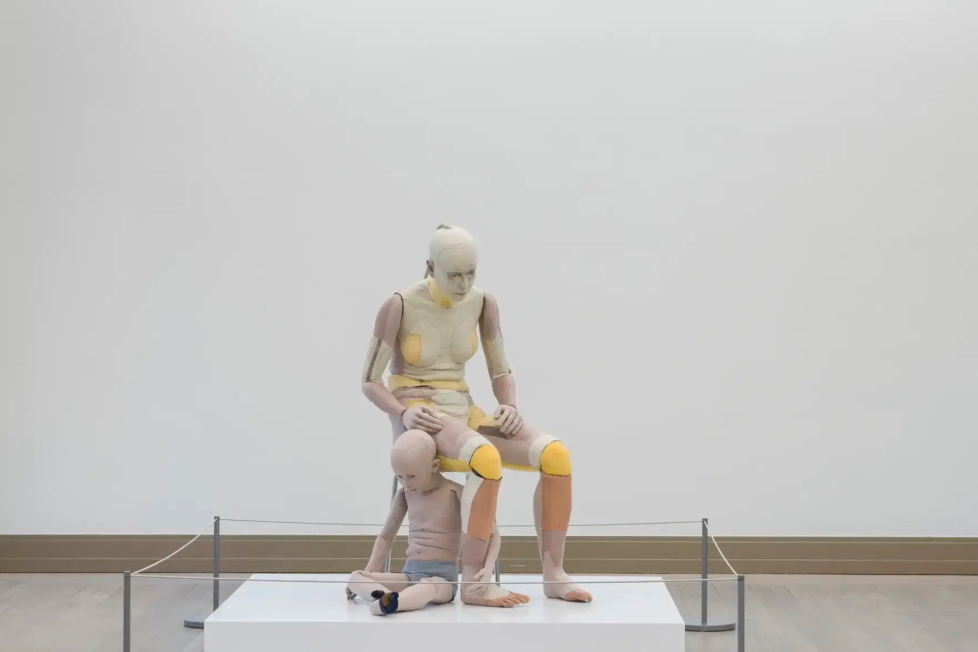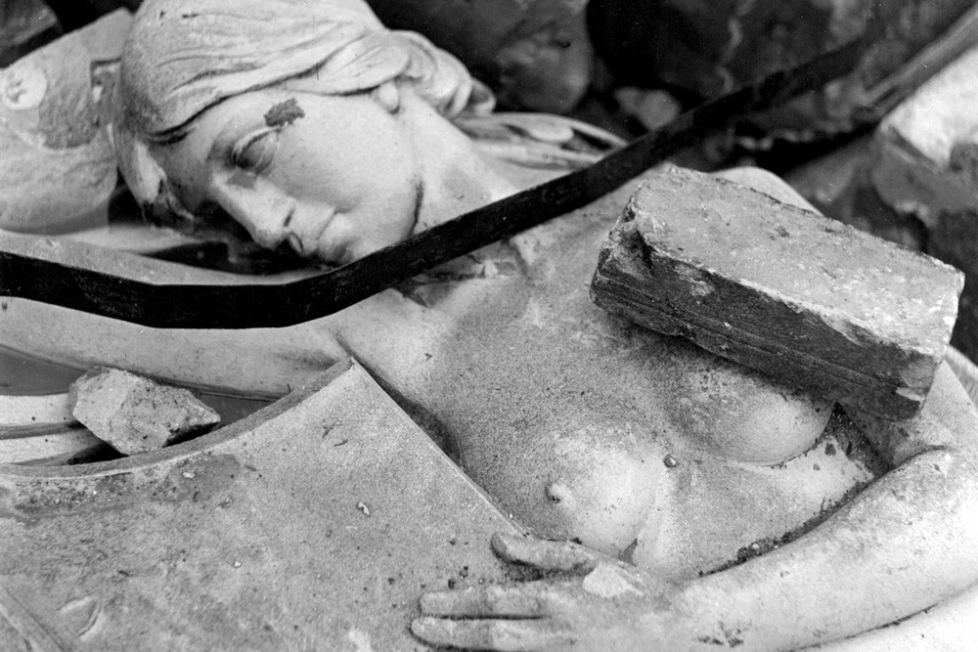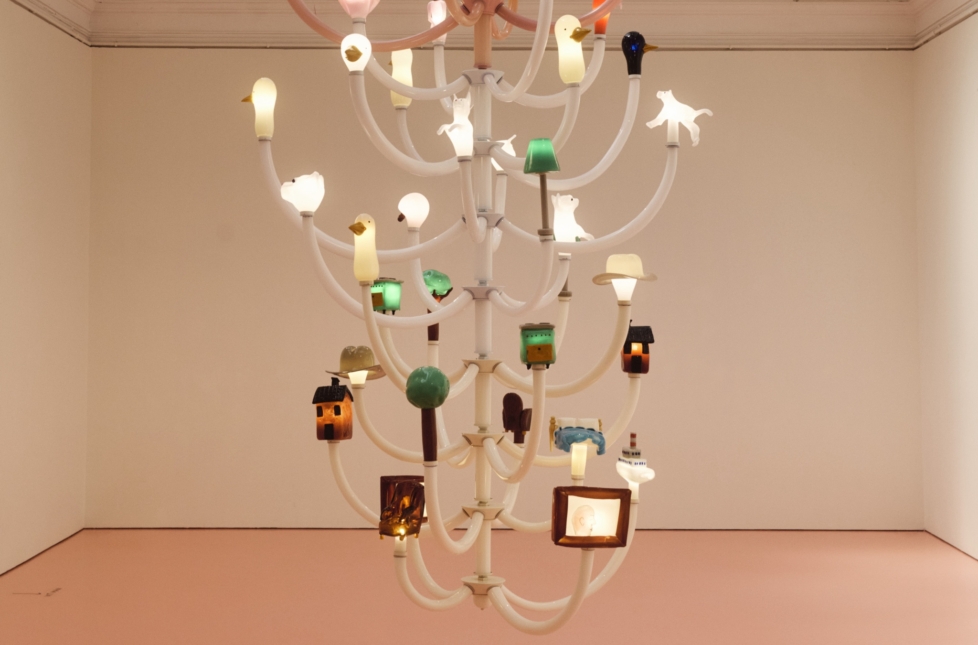
Valeria Montti Colque will be the first Chilean in exile to represent Chile at the Venice Biennial. Her work will be shown in the 60th edition opening on 20 April, 2024. Like many other Chilean dissidents, Montti Colque’s parents relocated to Sweden after the military coup in 1973, and she is born in Järfälla outside of Stockholm, where she still lives with her family.
Montti Colque has been active on the Swedish art scene since the early 2000s, and has increasingly attracted the attention of curators and institutions in recent years. Her expressive installations, where fictional worlds and characters recur and evolve over time, touch on themes such as diasporic conditions, racism, motherhood, and ecology. Drawing inspiration from myth, religion, and popular culture, Montti Colque’s transformative and spiritual work encompasses a wide array of collective practices, rituals, performances, installations, drawing, and murals.

In Chile, the entry for the Venice Biennial is selected after a competition organised by the The National Council of Culture and Arts Chile. Curators and artists can submit proposals, which are evaluated by a international jury. This year, the selection process was fraught with conflicts, protests, and resignations, in part because the pavilion will relocate from the Arsenale area to a building in the city.
Author of the winning proposal is the Chilean-born and Madrid-based curator Andrea Pacheco, whose concept aims to challenge the idea of the nation state by framing it as a geopolitical fantasy. The central work will be a large-scale installation in the form of a mountain, Madre-Montaña (Mother-Mountain), encircled by video projections, ceramics, and a monumental figurative print fabric. Montti Colque is Aymara descendent, one of the Indigenous Peoples of the South American Andes and Altiplano of Bolivia and Peru, and her contribution is influenced by the idea of the mountain as the resting place of the ancestors. She also connects to the fjelds, a mountain range in northern Sweden where she imagines her soul can find a place to rest one day.
The art scene in Chile reflects a class society characterised by deep-seated misogyny and racial hierarchies where minority groups are marginalised in public life. The selection of Montti Colque has been criticised in the domestic press where she is described as a foreigner, “la sueca,” or “the Swedish woman”. In general terms, there is little knowledge and understanding in Chile about what it means to be part of the Chilean diaspora, which consists of thousands of people who migrated to other countries to escape political persecution during the seventeen-year-long military dictatorship.
For the Chilean community in Sweden, the selection of Montti Colque is an event of great symbolic significance since it recognises the diaspora’s ties to Chile, as well as challenging established notions of national identity. In Sweden, there is a dividing line between diasporic communities, on the one hand, and the established art scene, on the other. Despite the strong presence of artists and cultural workers of Chilean descent, no art institution presented any significant program or exhbition to highlight the 50th year commemoration of the coup in 2023. The memory of the Swedish solidarity movement of the 1970s and 80s seems to have faded. Now, Montti Colque will take her mountain of dreams to the Venice Biennial, and install a space where the collective diasporic experience can be seen, for it too is a part of this mountain.

